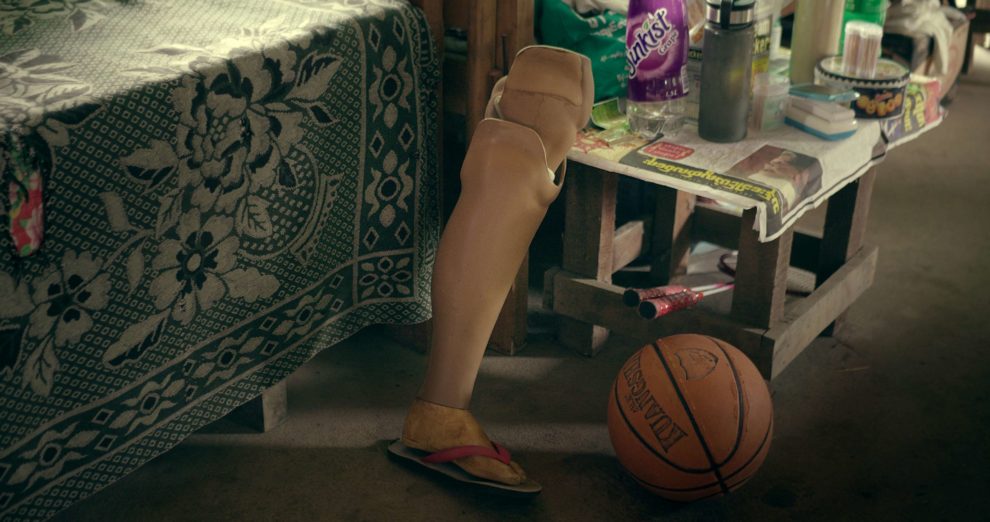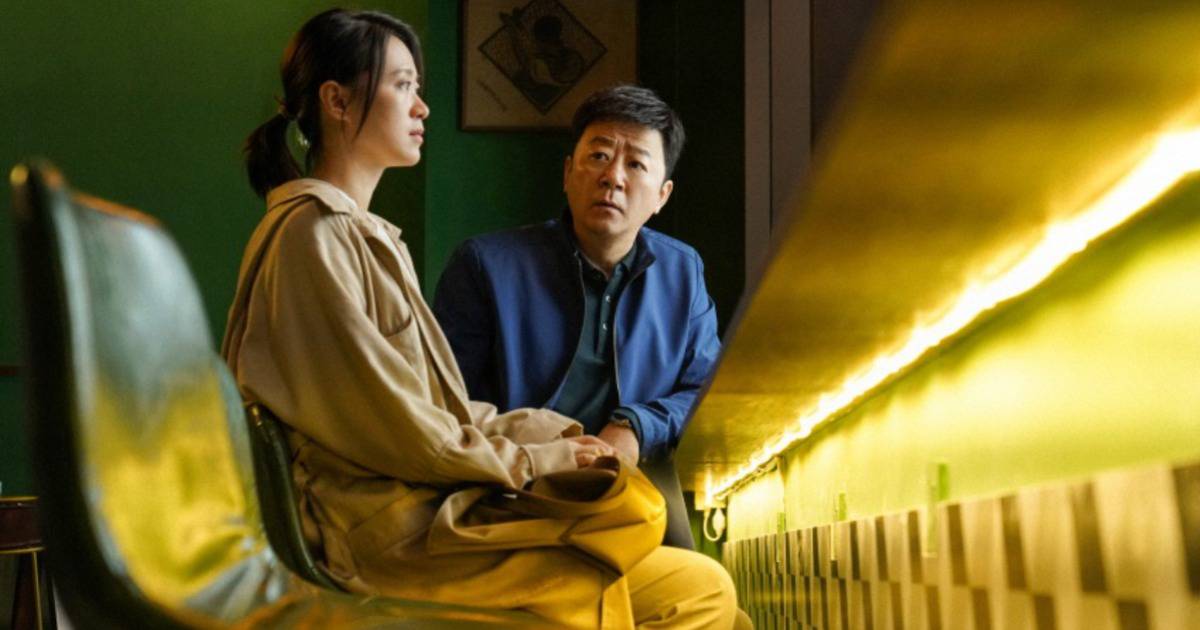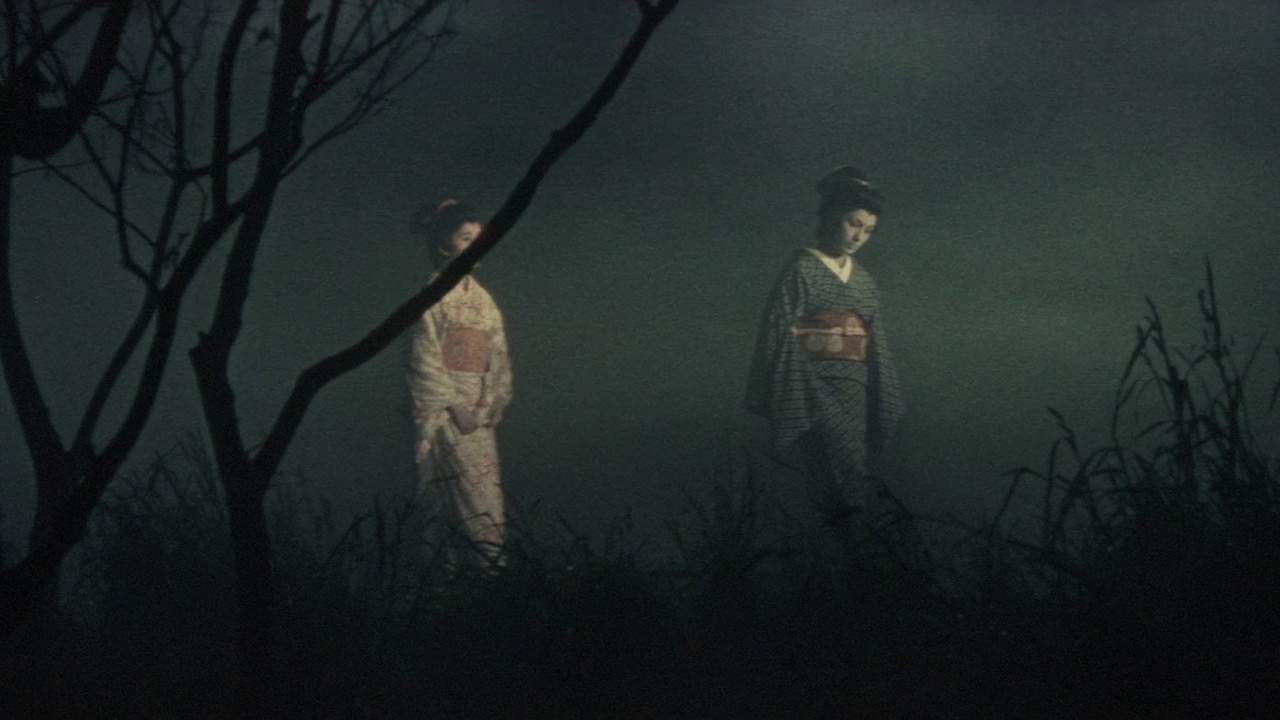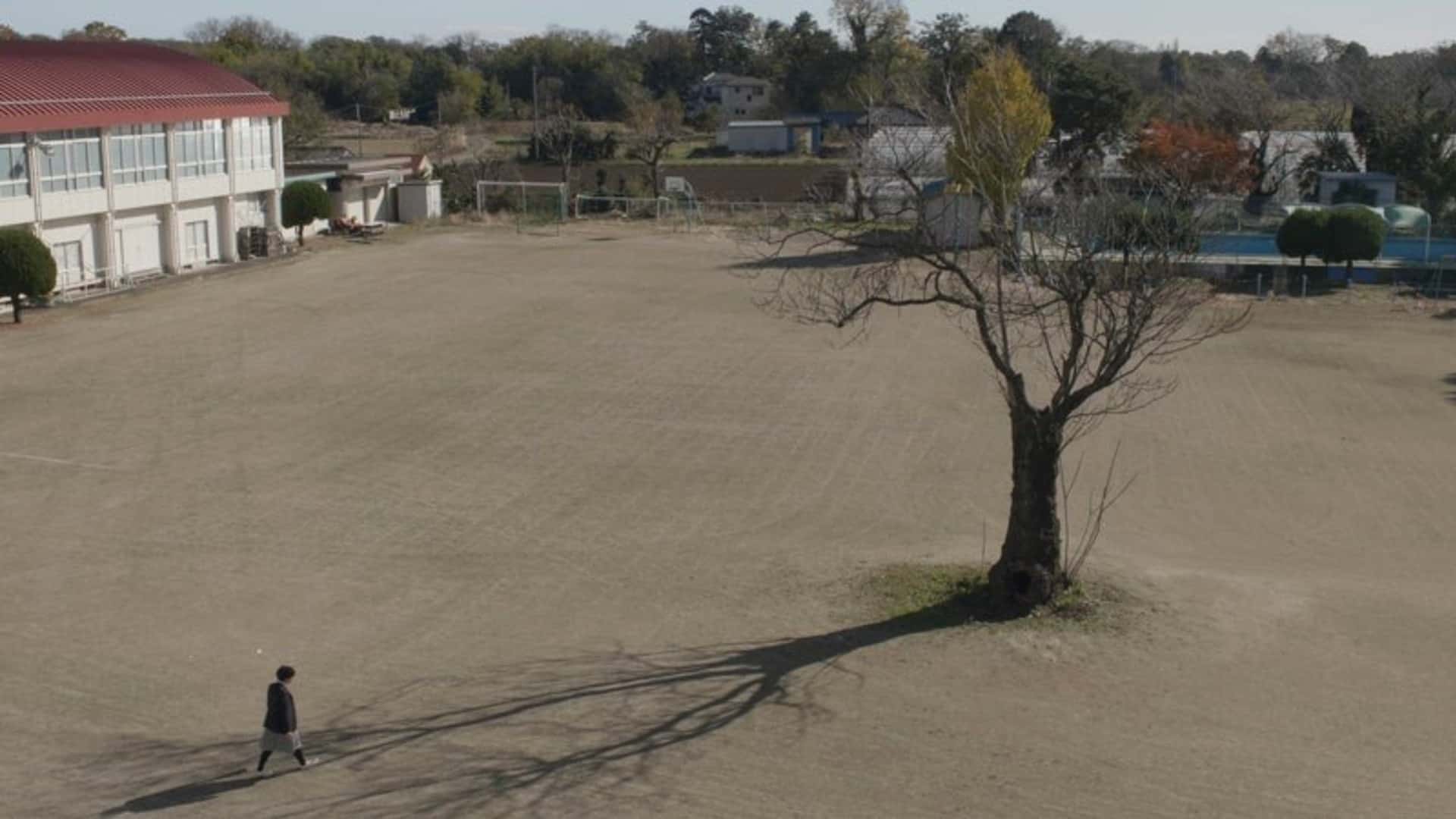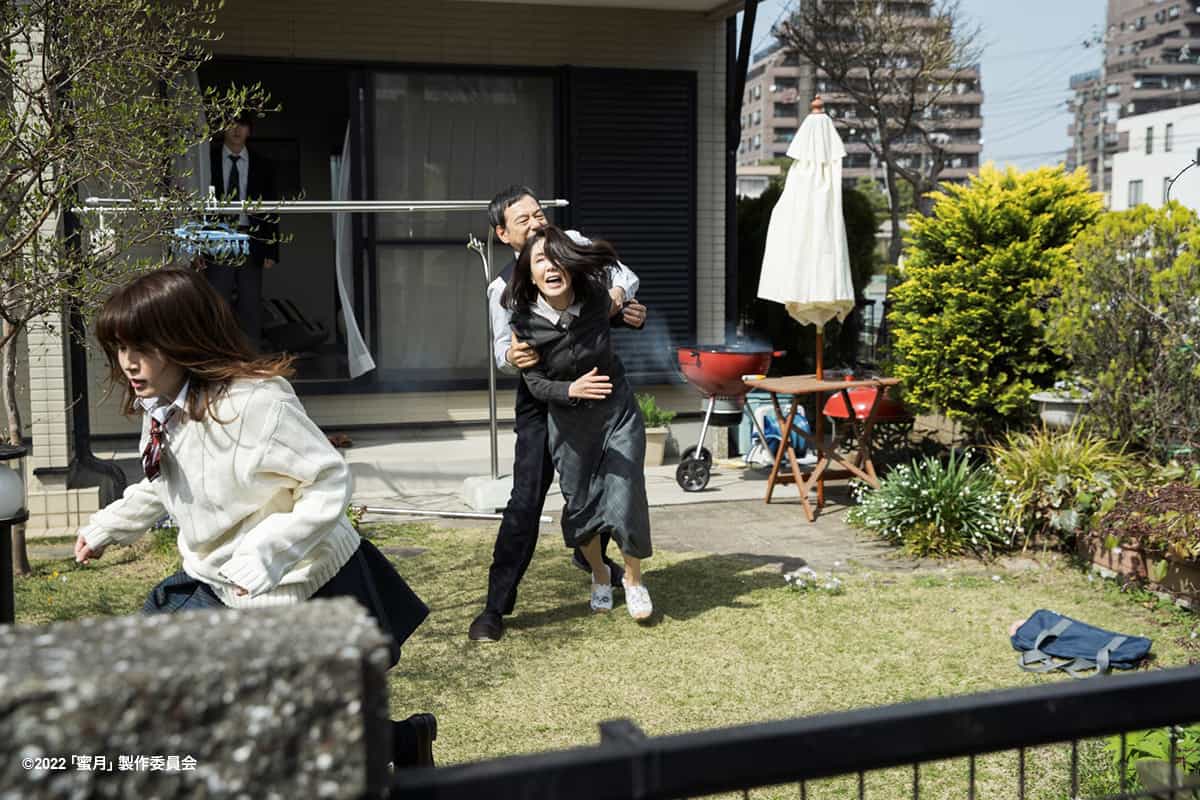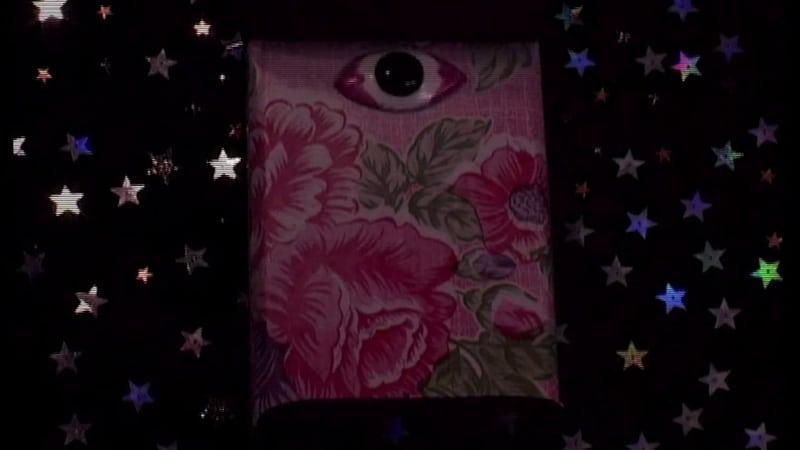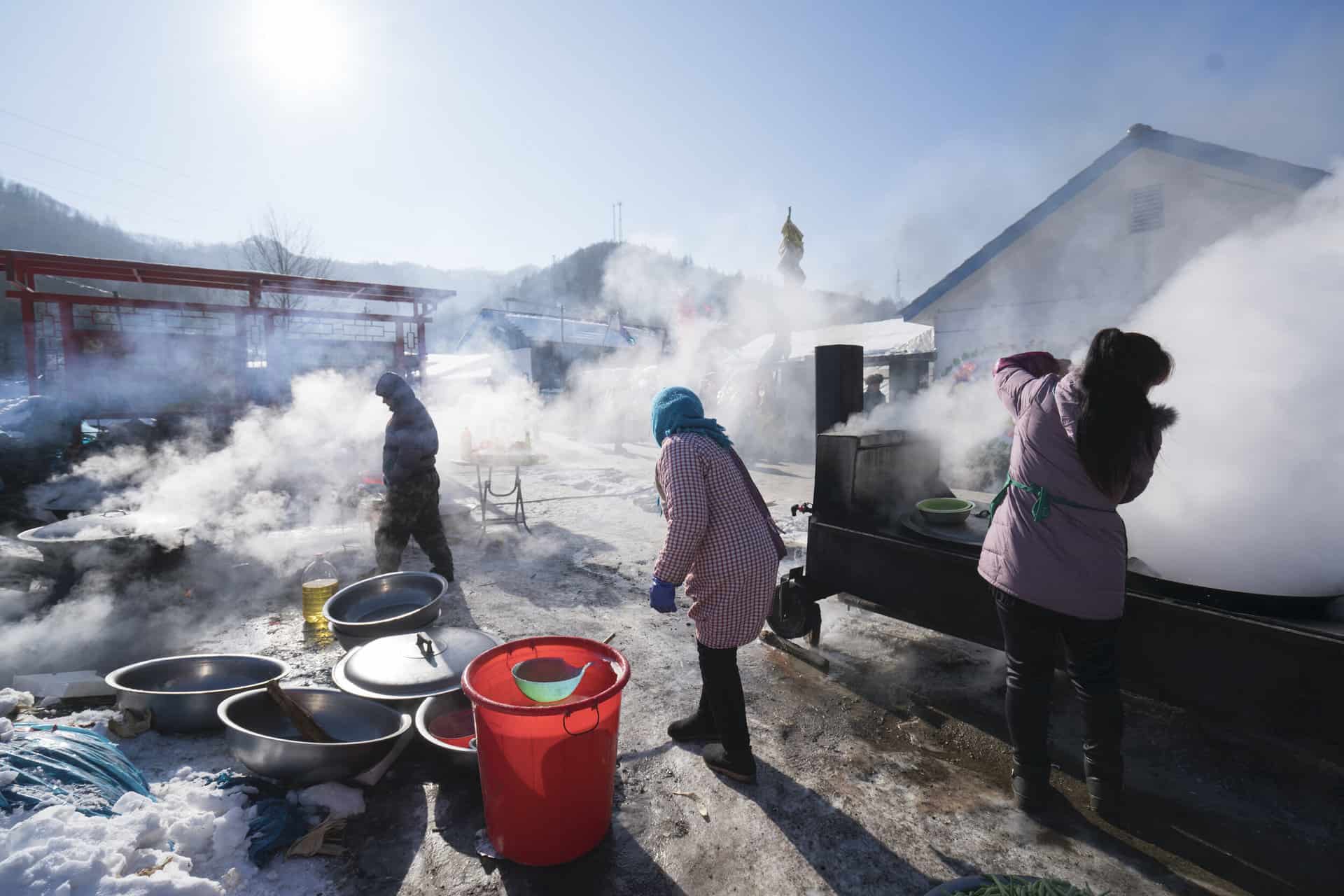Ongoing for over 70 years, Myanmar has the world's longest-running civil war. The Kachin Independence Army (KIA )is a non-state armed group and the military wing of the Kachin Independence Organisation (KIO), a political group of ethnic Kachins in Northern Myanmar (formerly Burma). Despite the ceasefire that was implemented during the 90s, KIA neither disarmed nor surrendered, continuing to recruit, train and mobilise soldiers. Before the ceasefire that took place in the 90s, the KIA was primarily a guerrilla force, but peace provided an opportunity to establish a military academy and design officer-training programs. The titular bad man was forcibly recruited into the KIA as a child, undergoing a transformation that turned him into a ruthless man, in ways that went beyond his time as a soldier. Lee Yong Chao visits him in a rehabilitation center run by a pastor, who uses religion in order to help a number of people break away from drugs, alcohol, and the consequences of war.
“The Bad Man” is screening in Locarno Film Festival
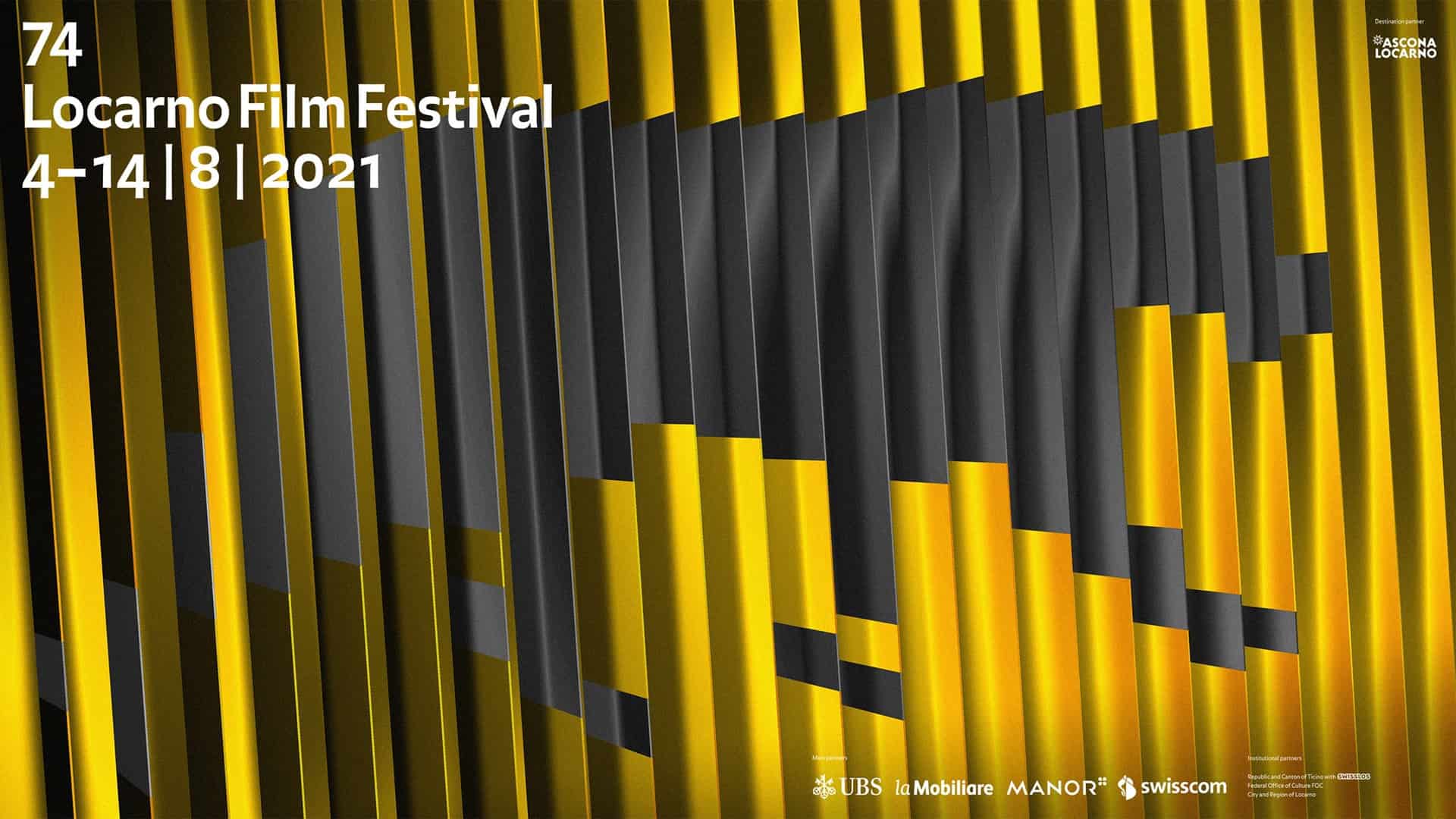
Their discussions, with the director essentially just posing questions and the “protagonist” speaking about his life are truly shocking, and become more and more shocking as the documentary progresses. It is not just the narration of the killings during his time as a soldier and the whole training he underwent as kid, who are indeed terrifying on themselves, but also the stories of domestic abuse towards his mother and step father, the intense alcoholism, and even more, the stories of his time working in the mines, particularly regarding the women workers.
“I was dangerous in every way” he utters at some point, and his whole narration seems to derive from this phrase. At the same time, however, the explanation of the incident that caused him to change, the way he considers the explosion that cost him his leg as karma, and the ways that finding religion has helped him to realize his mistakes and come to terms with his past, also emerge as rather impactful.

At the same time, Lee Yong Chao deals extensively with the center, and the ways the lead pastor implements religion in order to help his patients change their life, in a way that is both fair and tough. Particularly his talk about the four categories of people who come to the center is quite interesting due to its sheer pragmatism, with the ways he implements in order to keep the peace among people who have the violence in them, either due to their past or due to symptoms of withdrawal from drugs and alcohol showcasing this approach even more. That the center functions essentially as a farm is also depicted, as we watch the “patients” cultivating the land and raising pigs in an effort for self-sustainment, while the fact that the people there play games (football, for example) shows that their entertainment is also part of the “curriculum”. Furthermore, this part also functions as a rather welcome relief from the monologue of the protagonist, with Lee's editing working quite well in that aspect.
Lastly, the last words the “Bad Man” utters shows that he is still contradictory about whether what he did in the past should be forgiven, essentially functioning as a comment about how difficult radical change can be. The last scene of the movie, that actually appears after the ending titles and involves a young dog, also moves towards the same direction, essentially showing that the cycle of violence is not at all easy to close once it opens.
Regarding the production values, Lee kept it as simple as possible, particularly since the movie is a genuine one-man show with him acting, also as co-producer, editor and cinematographer. This approach, however, allows the source material to shine, thus emerging as a rather ideal one.
“The Bad Man” is an impressive documentary that highlights in the best way a life people outside of countries that are still tormented by war cannot even fathom, and that is where its most important asset lies.


